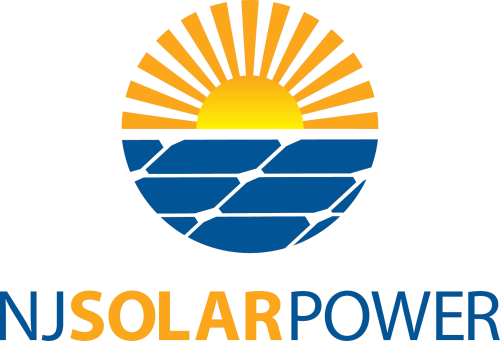Are you considering getting solar? If so, you probably want to learn more about how solar panels work and their components. While users do not need to become electrical engineers, getting a basic understanding of residential or commercial solar can help you determine whether it is the right choice for your home or business.
5 Solar Components
A solar system has five key components. They include.
- Solar panels
- Inverter
- Electrical Panel
- Power Grid
- Sun
The Sun
The sun radiates energy, which reaches the earth in the form of sunlight. This is the most important component of a solar system, because it fails without sunlight. However, you can store power that you collect to use when sunlight is unavailable, for example on a cloudy day or at nighttime.
Solar Panels
Solar panels are made up of silicon cells, a glass casing, and wiring, contained inside a metal frame. The silicon absorbs sunlight. When the light hits the silicon cell, it sets electrons in motion. In a process known as the photovoltaic effect, that begins a flow of electric current. The solar cells generate direct current (DC). Most people think that the more sunshine, the more electricity the solar cells can generate. While that is generally true, other variables can impact generation as well, including temperature, placement, and time of day.
Inverter
After the solar panels generate DC energy, it travels to the inverter. Our homes run on alternating current (AC). The grid supplies AC. So, to use the energy from the solar cells, we have to use an inverter to convert it from DC to AC.
There are two popular types of inverters for solar systems. Microinverters are on the panels themselves and convert DC to AC at the source. String inverters collect all of the energy your system generates and then convert it to AC.
Electrical Panel
Once the energy has been converted to usable AC, it goes into the electrical panel. The electrical panel distributes energy to various appliances, outlets, and light fixtures throughout your home, depending on demand.
Power Grid
If you are producing excess energy, your solar system can send it back to the power grid. You can also install batteries to collect and store excess energy for later use.
Ready to find out more about solar? Contact us today. We are happy to answer any questions you may have or set up a free consultation.
